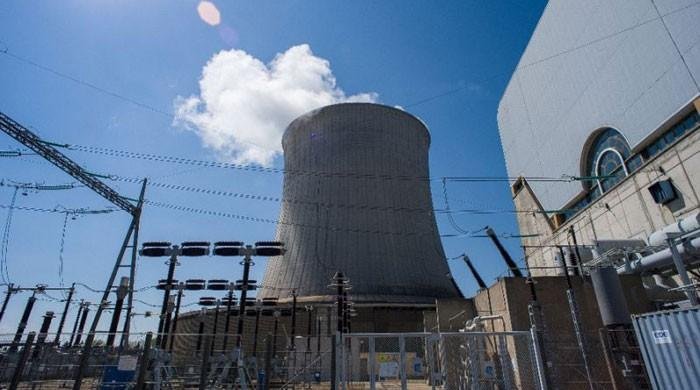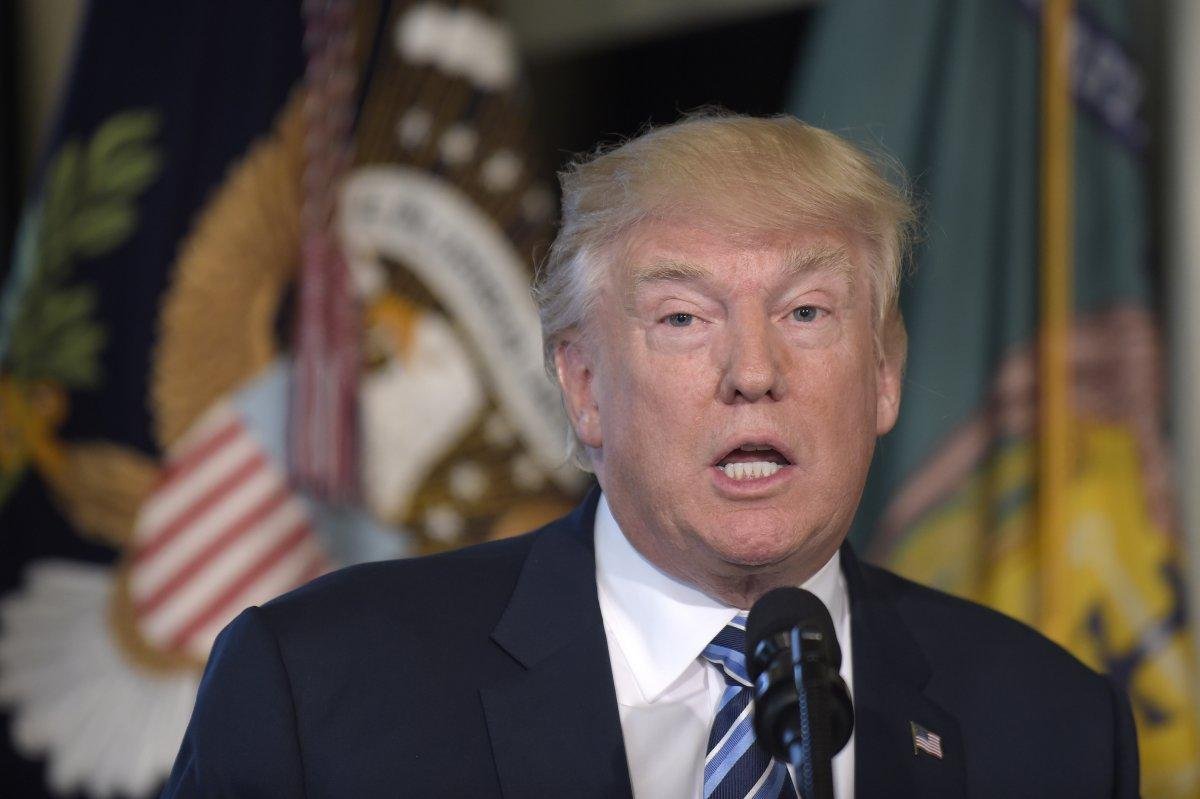WASHINGTON: The US strike on a Syrian air base destroyed a fifth of the Damascus regime´s remaining warplanes, Pentagon chief Jim Mattis said Monday as Washington fired a fresh salvo of warnings at President Bashar al-Assad.
The public assessment of Friday´s missile strike and the forceful rhetoric came as G7 ministers met in Italy to send a “clear and coordinated” message to Russia over its support for Damascus.
The United States on Friday blasted 59 Tomahawk missiles at the Shayrat air base near Homs, which the Pentagon said Assad´s jets had used to launch a deadly chemical attack on rebel-held Idlib province.
“The United States will not passively stand by while Assad murders innocent people with chemical weapons, which are prohibited by international law and which were declared destroyed,” Mattis said in a statement, noting that 20 percent of Assad´s “operational” aircraft were destroyed.
“The Syrian government would be ill-advised ever again to use chemical weapons,” he added.
Mattis´s warning came as White House spokesman Sean Spicer appeared to lower the threshold for new US action against Assad to include barrel bombs, a crude yet hugely destructive weapon of choice for the Syrian leader.
“If you gas a baby or drop a barrel bomb onto innocent people, you will see a response from” President Donald Trump, Spicer said.
But US officials later walked back Spicer´s remarks.
“Nothing has changed in our posture,” a senior administration official said.
“As the president has repeatedly made clear, he will not be telegraphing his military responses,” the official said.
Trump discussed Syria during a telephone call Monday with British Prime Minister Theresa May and “agreed that a window of opportunity now exists in which to persuade Russia that its alliance with Assad is no longer in its strategic interest,” Downing Street said in a statement.
The two leaders were looking to US Secretary of State Rex Tillerson´s trip to Moscow this week as an opportunity to lay the groundwork for a “lasting political settlement.”








